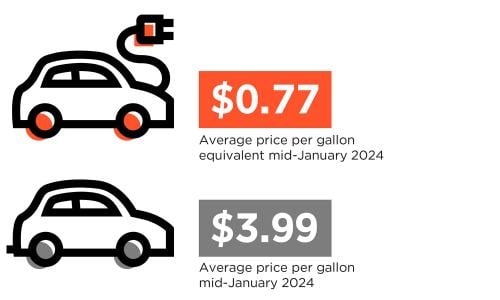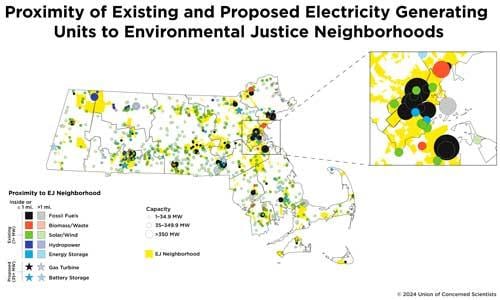State renewable electricity standards (also known as a renewable portfolio standard, or RPS) are generally expected to have minimal rate impacts, according to a recent study by the U.S. Department of Energy (DOE). A renewable electricity standard—currently found in twenty-one states and the District of Columbia—requires electric utilities to gradually increase the amount of renewable energy sources, such as wind, solar, and bioenergy, in their power supplies. The DOE study finds that, on average, state standards will result in a monthly electricity bill increase of just 38 cents for a typical residential household. Since the study does not analyze the effect of increased renewable energy use on natural gas markets, which several studies have found would lower demand and prices by increasing competition, the overall energy bill impacts from state renewable electricity standards would likely be even lower.



